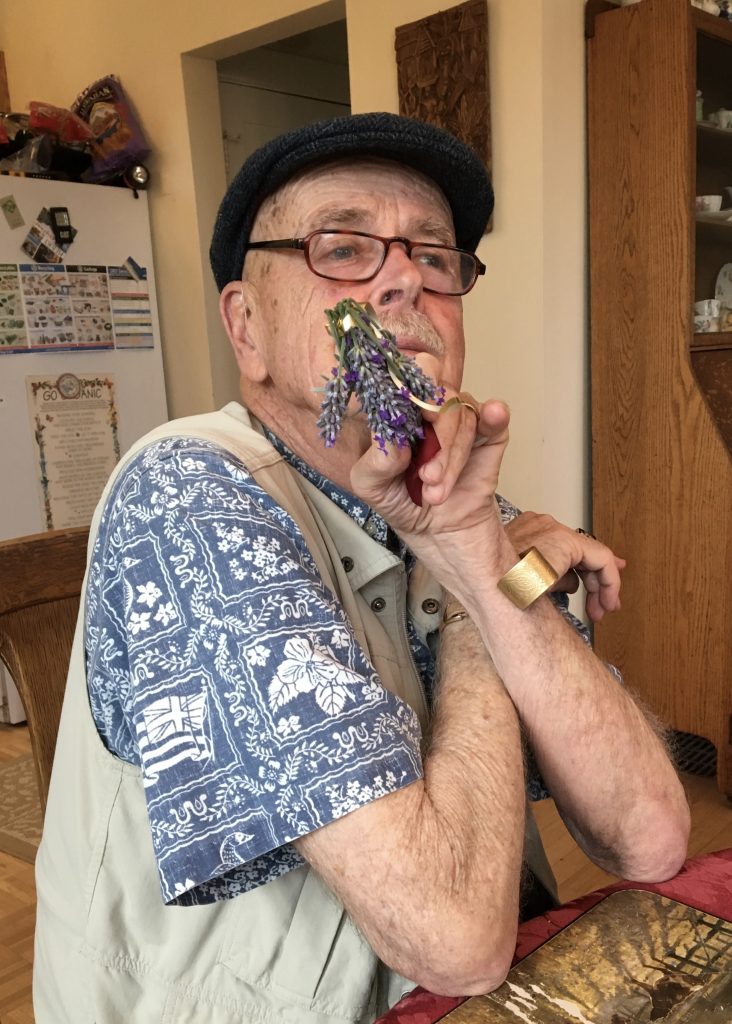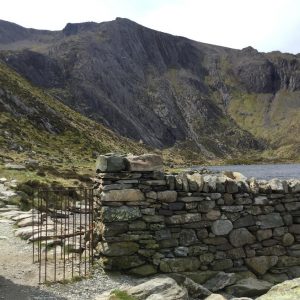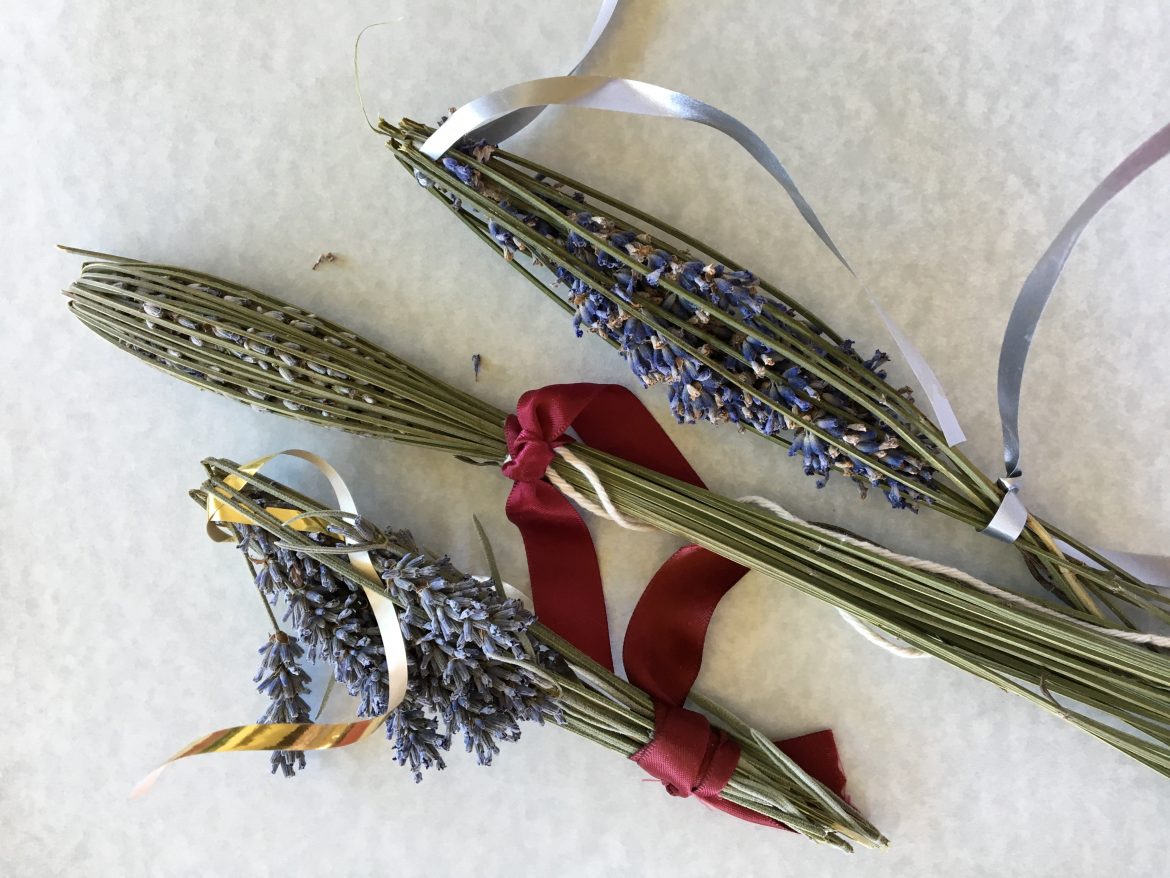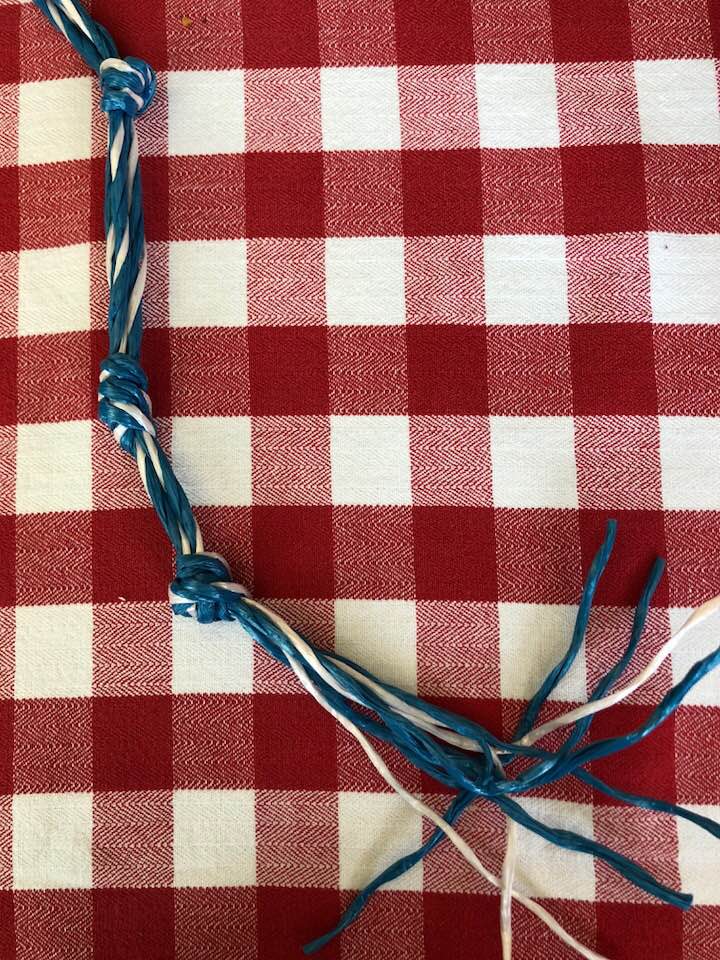By Ana Lisa de Jong —
WITHOUT A LIGHT
Poetry brings me home.
When I have wandered directionless,
without a light,
when longings keep me circling,
lost child in the dark.
I find it beckoning,
wooing me.
Its shining, liquid words
my lighthouse on a rock.
Poetry, drawing me in
like a room lit at night.
A lantern, weaving through leaves
as filtered sunlight.
Poetry brings me in.
winding me with its reel.
Wet line working against the tide
to pull its last desperate catch to shore.
Poetry, the salvation
of those whose feelings run deep
as river salmon moving
in migration.
The soothing voice in the ear
to cause the heart to lie down.
Poetry, brings me home.
Whether home is the heights,
when too deep I’ve gone,
or the depths when I’ve forgotten
life’s meaning.
Poetry is always the answer to a need,
that never quite makes itself known,
or explains its presence,
or the absence that it magnifies.
Poetry is the magnet,
the attraction to match all objects,
that would otherwise
defeat my allegiance to goodness.
Poetry, that keeps me desiring
to match the beauty of its song,
is the voice,
which without its words to soothe and move,
the soul would echo
without a sound.
“I lost my way. I forgot to call on your name. The raw heart beat against the world, and the tears were for my lost victory. But you are here. You have always been here. The world is all forgetting, and the heart is a rage of directions, but your name unifies the heart, and the world is lifted into its place. Blessed is the one who waits in the traveller’s heart for his turning.”
Leonard Cohen
‘I once asked a bird, “How is it to fly in this gravity of darkness?” She responded: “Love lifts me!”’
Hafiz Shirazi
By John Birch —
May the Love of God
Be the ocean that you sail on
And the grace of God
Bring you calm in stormy days.
May the Word of God
Guide you to your destination
And the breath of God
Speed you safely on your way.
By Ana Lisa de Jong —
Watch how the sun rises.
First the tip of the clouds turn pink, and then gold
on a horizon.
Something happens to our hearts,
the leap of expectation.
The birds seem to know to fly
at this time.
Each soaring figure outlined
against the sky
as black ink etched in the vision.
Watch how the branches
of each tree move to the wind’s tune.
How the face of the leaves
catch the hues of a rising sun.
How all of nature appears to bid dawn welcome.
Watch how the rainbow just came and went
before there was a chance to register it.
Before we could trace its colours
against the blue.
How it faded and then exited.
A poem is followed
with the same pattern of observation.
We don’t consider the words in an
individual sense as
respond to the scene as a whole.
Something happens
when we stop trying to understand
but just watch.
The great artist has a brush, and is
painting impressions on our hearts and minds.
We see them with eyes
that feel rather than perceive.
Shapes felt in the hands
as objects in the dark.
Every now and then a shock of recognition.
But mostly just a welcome,
and an indwelling presence.
by Christine Sine
Last week at our Mustard Seed House community meeting we made lavender wands. We had perfect examples to follow, many of them beautiful images from Pinterest and DIY websites. We had good instructions with perfect looking diagrams that made it look so easy, but none of us made perfect wands as the photo above illustrates.
As I reflected back over our experience, I realized that the imperfections in our wands did not matter. It was not how beautiful the end result looked that we cared about, it was the delightful process we engaged in and the enjoyment of each other along the way that mattered. The imperfections of the end results added to our fun and laughter.
More than anything we relished the fragrance of our wands. We crushed them in our hands and allowed the lavender to waft around the room. Ironically the more imperfect our wands, the more fragrance they seemed to emit. We took them home, maybe to stand on the table, to put under our pillows or to add fragrance to a drawer. It was a memorable experience.
Spirituality Is Imperfect
Instagram, Pinterest and Facebook images make us think that everything we do should have perfect results. We are embarrassed to publish imperfect photos and pieces of art. We hide our own physical imperfections with cosmetics and surgery.
Unfortunately this craving for perfection washes over our spiritual lives too. We hide our doubts about God and faith behind plastic smiles and legalistic rules. We are afraid to pray out loud in case we make mistakes. We refuse to admit our struggles with temptations and sin because we want our friends and families to think we have it all together where our relationship with God is concerned.
Yet just as our lavender wands were imperfect, so too is our spirituality. None of us are perfect. Mixed up, broken, scarred, and flawed. That sums up all human beings. When we are willing to admit that, about ourselves and about each other, we too can learn to laugh at the mistakes and the blemishes. We no longer need to hide behind facades of seeming perfection. In the process we learn the joy of shared humanness and the delight of spiritual exploration. I suspect that the more we allow our imperfections to stick out, the more our fragrance rises as an offering before God too.
In Spirituality of Imperfect, authors Ernest Kurtz and Katherine Ketcham start with the insights of Alcoholics Anonymous and use the wisdom of many traditions to help us understand that our tendency to play God and try to be perfect is one of the most tragic of human mistakes .
it is only by ceasing to play God, by coming to terms with errors and shortcomings, and by accepting the inability to control every aspect of their lives that alcoholics (or any human beings) can find the peace and serenity that alcohol (or other drugs, or sex, money, material possessions, power or privilege, ) praise but never deliver (5)

lavender wands aren’t perfect and neither are we
Our Knowledge of God is Imperfect
Our knowledge of God is imperfect at the best of times and the more we learn, the less we seem to know. Admitting that we are all pretty ignorant when it comes to our knowledge of God is good for us. Realizing that asking questions and admitting doubt are more powerful spiritual tools than pretending to know everything is both humbling and empowering. a spirituality of imperfection is more interested in questions than in answers, more a journey toward humility than a struggle for perfection. (The Spirituality of Imperfection, 5)
So create something messy and imperfect today. Post it on Facebook, instagram or Pinterest, or even as a comment on this post. Reflect on it as an image of your own spiritual state.
What does your imperfect image teach you about yourself and about God?
How does it feel when you share your imperfections with others? What new insights does this sharing give you?
Is there a further response it encourages you to make?
by Lilly Lewin and Pam Smith
A couple of weeks ago, the gospel reading was Mark 5: 21-43.
This passage includes the story of Jesus and the woman with the issue of blood. This woman was an outcast from Jewish community due to her illness, and had suffered over twelve years with her ailment. In an act of faith, she reached out and touched the “hem of His garment” and was instantly healed. The woman touched the hem/edge of his cloak, perhaps it was the tassel on his prayer shawl. The Tassel, the Tzitzit, the Knot! This woman believed if she could just touch the knots of Jesus’s prayer shawl she would no longer suffer.
Like the woman, our world has been suffering for a long time with division, distrust, racism, hatred and fear. All in need of the healing of Jesus. And there is suffering around the world that feels overwhelming. What is on our heart to pray for for our country and our world? What areas of suffering do you want to see healed? Ask God to show you how you can be a part of the healing and spend some time praying for area/people group etc.
During thinplaceNashville, we made prayer ropes with knots to remind us to pray during the week for places that needed healing in our lives and in our country.
During our journaling time, Pam Smith, wrote this beautiful poem on knots that she graciously shared with us. Along with being a member of our thinplace community, Pam is the senior pastor of First Lutheran Church here in Nashville,
What are the knots in your life? Make a prayer rope and use it to help you pray this week.
KNOTS by Pam Smith
We are a knotted up people
Knotted in pain
Knotted in worry
Knotted in anger
Other knots call us
knots on a tallit
knots on a tzitzit
knots on 4 corners of something
knots of Torah
knots of life
Tie a knot and hang on
Knots large
large enough
enough to require attention
Attention to the knottiness
surrounding us
As we are drawn into the very knot of
our
very
selves
And from this knot
we cannot free our selves
Each attempt tightens
the cords around us.
Like a twisted knotted chain of gold
lain on a table
The gentle touches and tugs and prying
of the hand of God
creates spaces
in the knottiness
Spirit moves in the spaces
Ruach
Breath
Life-giving breath
And there is release
and calm
and quiet
and strength
Together
a cord of three strands
not quickly torn apart.
By Ana Lisa de Jong —
We are the poem.
You, and I.
The issue from His lips,
the language in which He speaks.
We are the gift ,
both to each other and to Him.
A poem in ourselves.
Repeated and re-formed
each time that we use our voice.
We are the poem
without an end,
which like a scroll
unfolding from creation,
is continually written upon.
We are the voice He speaks
in a world in which He is silent,
but for us,
who hear Him.
And who hear ourselves
resonate with all creation
as wind bells
across the mountains.
We are the poem.
You, and I.
The bearers of the Word.
By Lisa Scandrette —
My feet tread happily over the rocky path, my lungs expanding with fresh mountain air. Each step reveals a new rugged wonder to my eyes as we walk down this path for the first time. Though my schedule has been full of people and events before coming to Ogwen Valley, my mind slows down and I become aware of my place in the face of the magnificent landscape before me. My thoughts and concerns shrink for the moment, when placed in the context of this vast, ancient place. I become present to this moment and to the Creator who designed these mountains, this valley, and me. I am joyfully lost in this place where divine and the tangible reverberate, content to wander in silence and awe.
 Accompanying me are Black Welsh cattle, grazing and resting in the sunny meadows, and Welsh Mountain sheep wandering nimbly through the hills. It is spring, and there are lambs. One lamb wanders near to me in the innocence of youth, and her mother dislikes her offspring’s proximity to me. They begin an urgent bleating conversation to find one another. I watch quietly until they make their way further up the rocks. At the sight of the sheep, my imagination engages—is their wool soft? What could it make? Who are the people who care for them? For how many generations has this flock grazed these mountains? What is their history?
Accompanying me are Black Welsh cattle, grazing and resting in the sunny meadows, and Welsh Mountain sheep wandering nimbly through the hills. It is spring, and there are lambs. One lamb wanders near to me in the innocence of youth, and her mother dislikes her offspring’s proximity to me. They begin an urgent bleating conversation to find one another. I watch quietly until they make their way further up the rocks. At the sight of the sheep, my imagination engages—is their wool soft? What could it make? Who are the people who care for them? For how many generations has this flock grazed these mountains? What is their history?
As we round the lake, my husband, Mark, points out bits of wool clinging to the heather and grasses along the way. I delight, as I am a knitter and a spinner of yarn; I am one who takes creation, holds it in my hands, and further forms it into new items, extensions of their beginnings. A treasure hunt begins as I tuck fingerfuls of fresh wool into my bag. It smells sheepy and earthy, and its lanolin soaks into my hands. I wander back, on and off the path, following bits of wool. By the end of our hike, I have a ziplock bag full of woolly goodness.
 This wool holds for me the beauty, wonder and memory of this place and this day. When I wash it and comb it and spin it, I will recall the Creator’s care in making this place of water, rock, earth, sky and wool. I will be reminded that I belong in this world. I create because I am made in the image of a Creator and creating is an act that is faithful to who I am. And the work of my hands with this wool will be an extension of the Creator’s hands, continuing the thread of Creation. We will be co-creators of beauty. And I will inhabit my place in this ancient, vast creation.
This wool holds for me the beauty, wonder and memory of this place and this day. When I wash it and comb it and spin it, I will recall the Creator’s care in making this place of water, rock, earth, sky and wool. I will be reminded that I belong in this world. I create because I am made in the image of a Creator and creating is an act that is faithful to who I am. And the work of my hands with this wool will be an extension of the Creator’s hands, continuing the thread of Creation. We will be co-creators of beauty. And I will inhabit my place in this ancient, vast creation.
Where do you find yourself inspired to co-create? Is it growing things in the garden? Creating food from the earth’s abundance in this season? Painting a landscape? Composing a poem? Where does the divine and the tangible reverberate for you? This season, I invite you into the wonder and beauty. Breathe deep, slow down, connect with your Creator and enter into co-creation.
As an Amazon Associate, I receive a small amount for purchases made through appropriate links.
Thank you for supporting Godspace in this way.
When referencing or quoting Godspace Light, please be sure to include the Author (Christine Sine unless otherwise noted), the Title of the article or resource, the Source link where appropriate, and ©Godspacelight.com. Thank you!







